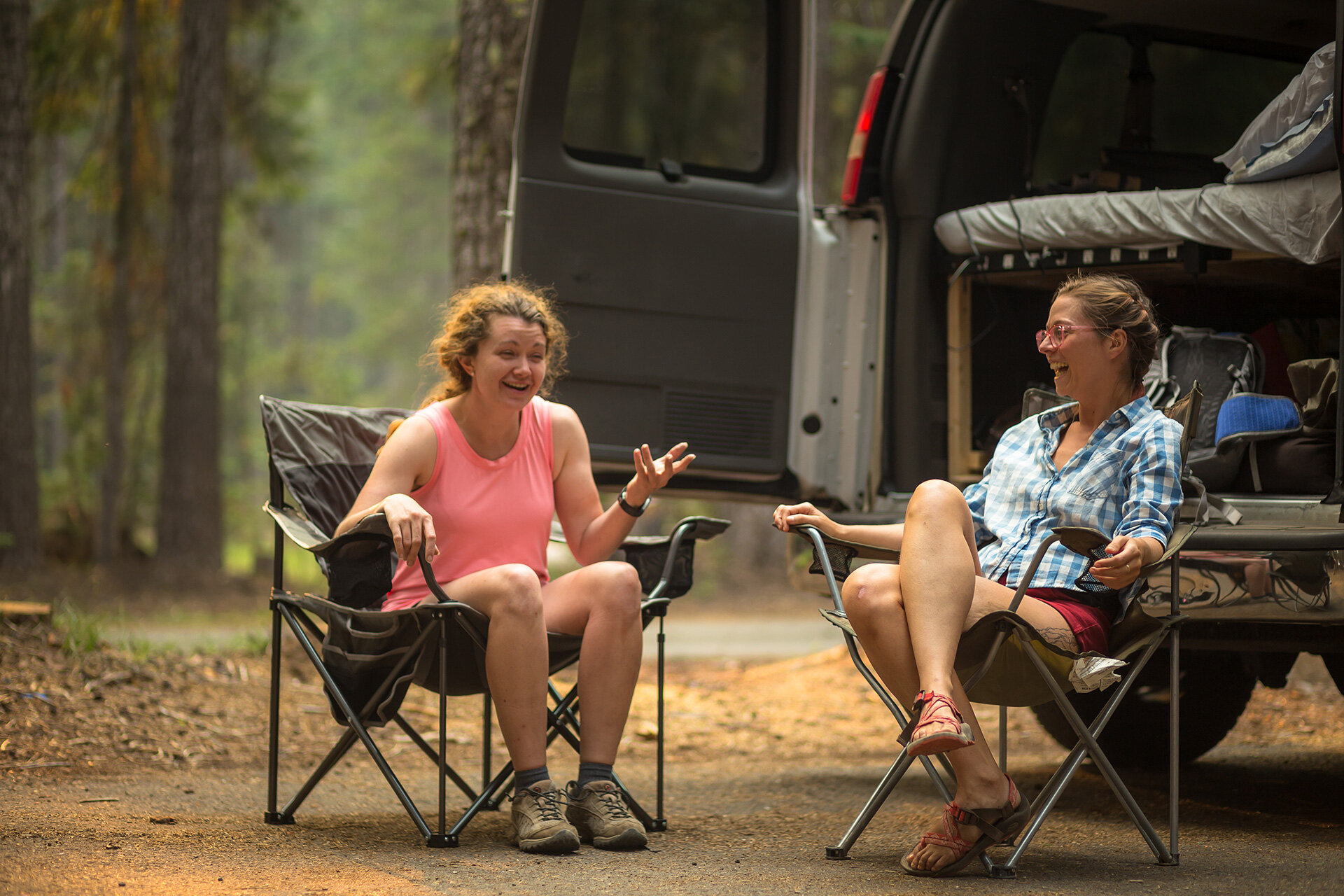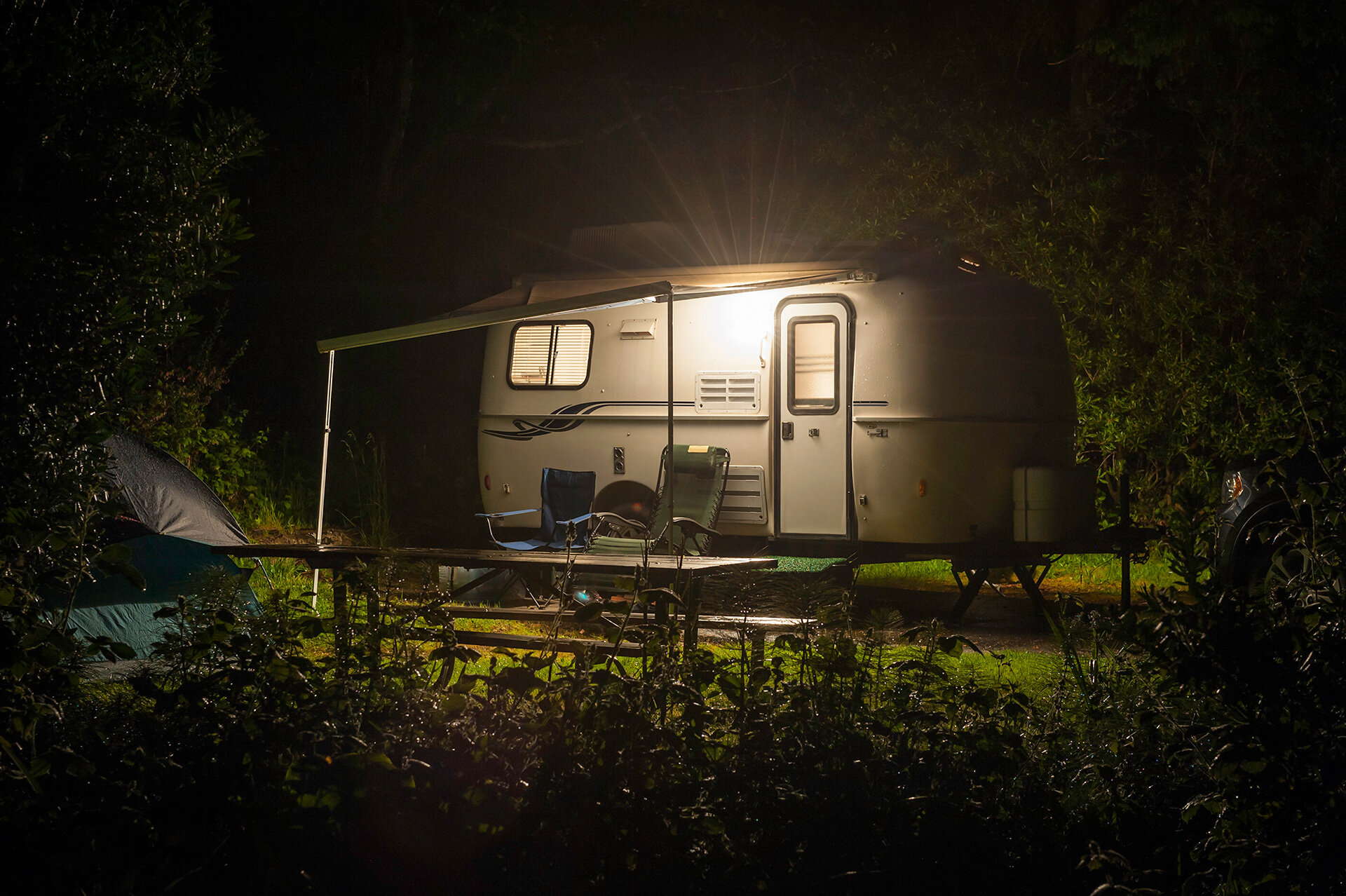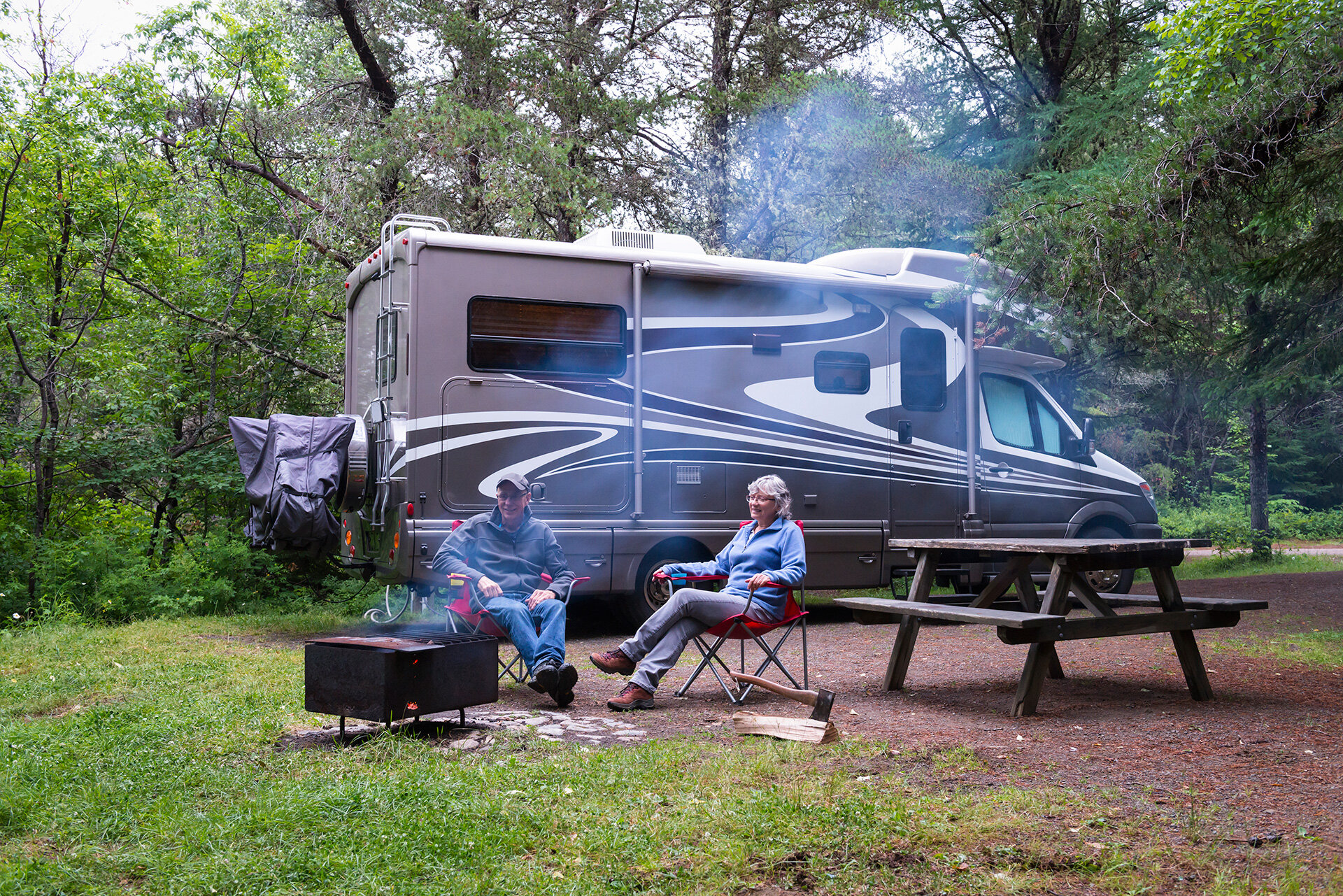
Our Story
Kawtikh (caw-TEEK) might not be the easiest name one could choose for a campground retreat, and many people inquire about the origin of this unique name. The answer reveals a fascinating piece of the region's geological history.
Hastings Lake was renamed in 1884 after Tom Hastings, a member of Tyrell's geological survey party. The lake's original name was a-ka-ka-kwa-tikh, which in the Cree language means "the lake that does not freeze." Historically, warm springs flowing into the lake bottom helped to prevent parts of the lake from icing over in winter. In a fascinating geological twist, the lake has been freezing over in winter ever since Mount St. Helens erupted in May of 1980. Apparently, the same forces within the earth that led to the volcano's eruption also heated the springs that feed Hastings Lake. With the underground pressure released by the volcano's blast, the springs run cooler and the lake's temperature is no longer sufficiently elevated in winter... resulting in a frozen-over lake!
At Kawtikh, we respect our history, our neighbors, and our environment. Our low-impact campground strives to limit energy and water consumption, keep waste and noise to a minimum, and ensure affordability and inclusivity to appeal to campers looking for the same. This is consistent with being part of a UNESCO Biosphere and a Dark Sky Preserve, and throughout history, our guests have valued that same unique experience.












